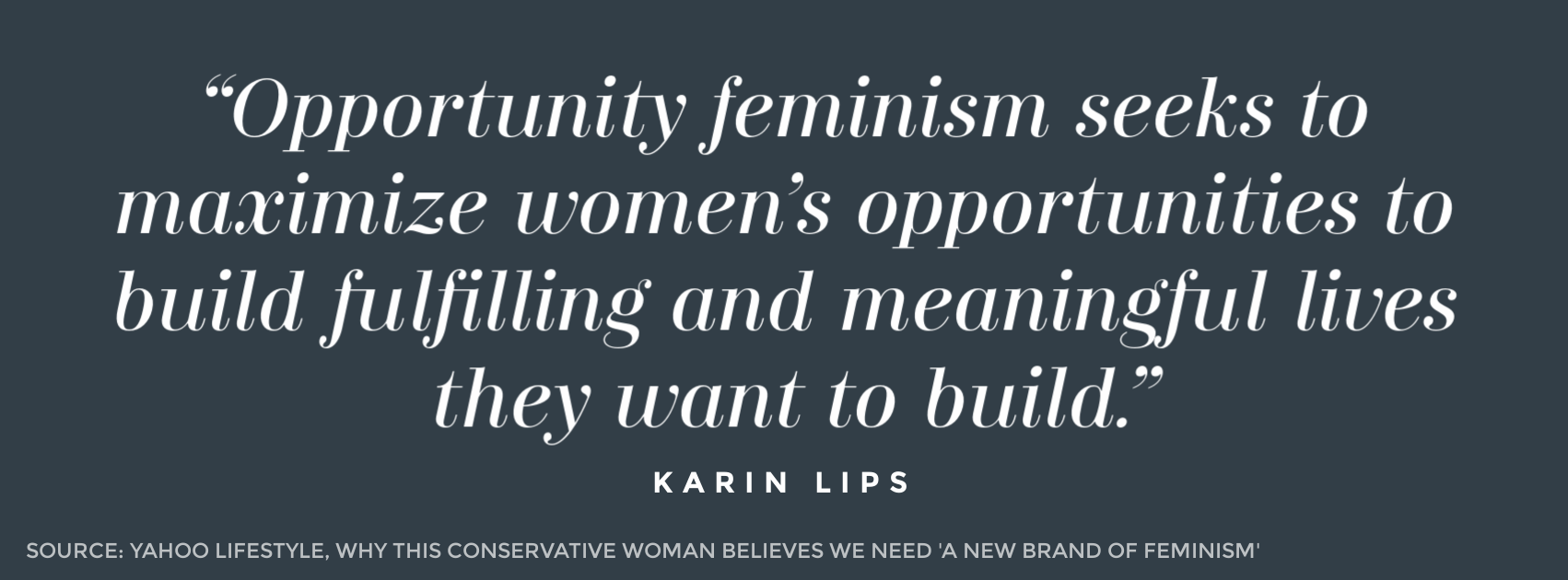Ivanka Backs White House Plan To Pause Obama-Era Equal Pay Reporting
This article originally appeared in Forbes.
The White House announced this week that it won’t move forward with an Obama Administration rule requiring businesses to collect and report employee pay data by sex, race and ethnicity.
The Wall Street Journal reports that Neomi Rao, the administrator of the Office of Information and Regulatory Affairs said, “It’s enormously burdensome. We don’t believe it would actually help us gather information about wage and employment discrimination.”
I have no doubt that the people working at the Office of Information and Regulatory Affairs want women to be paid equally to men. The difference between these Trump Administration officials and their Obama Administration predecessors is that the current officials are paying more attention to the costs as well as benefits of any rule. Yes, this rule would create more information for the government, though it’s unlikely it would capture what role discrimination plays in workplaces.
But it would also impose major costs. Under this rule, private employers with 100 or more employees and federal contractors with 50 or more employees would be required to submit pay data by sex, race and ethnicity across 12 job categories. This rule doesn’t just require checking another box or two, but imposes real paperwork and hours costs on employers. The Equal Employment Opportunity Commission estimated that collecting and reporting this data would impose an annual burden of more than 1.8 million hours on filers, costing more than $53 million. That’s money that companies won’t be able to use for hiring workers, raising pay or expanding operations.
Some will argue that’s a small price to pay if it helps ensure equal pay for women. Unfortunately, the idea that this would help that cause is a stretch. After all, these data points don’t paint the entire picture of compensation packages or pay decisions. It is an imperfect comparison. Compensation packages often include more than just pay—health care benefits, 401(k) contributions, flexible hours and more can be part of compensation discussions. Worse, this requirement could make our workplaces more rigid, with employers less willing to provide flexibility as part of job packages for fear of how that might look on reports.
Employers consider many factors beyond just title and hours worked in deciding pay—most obviously performance. That isn’t collected in the data. Just like with the wage gap data, which simply compares the wages of full-time working women and men, these numbers won’t reflect significant differences in work choices that individuals make. The wage gap data, for example, does not factor in education, years of experience and hours worked, all of which influence earnings.
You can be for equal pay and against this regulatory burden. I am. And so is Ivanka Trump
Trump is self-described on Twitter as an “advocate for the education & empowerment of women & girls.” She regularly weighs in on issues related to women and girls, including discussions about sex-based discrimination in workers’ pay.
In April, the First Daughter tweeted for Equal Pay Day, a fictitious holiday promoted by feminists that supposedly marks how much longer women must work in the next year to catch up to what men earned in the previous year.
In her prime-time speech at the Republican National Convention, she also addressed equal pay:
As a mother myself, of three young children, I know how hard it is to work while raising a family. And I also know that I’m far more fortunate than most. American families need relief. Policies that allow women with children to thrive should not be novelties, they should be the norm. Politicians talk about wage equality, but my father has made it a practice at his company throughout his entire career.
He will fight for equal pay for equal work, and I will fight for this too, right along side of him.
Yet, with this announcement, Trump said in a statement as reported by the Wall Street Journal:
Ultimately, while I believe the intention was good and agree that pay transparency is important, the proposed policy would not yield the intended results. We look forward to continuing to work with EEOC, OMB, Congress and all relevant stakeholders on robust policies aimed at eliminating the gender wage gap.
It is a positive step in the equal pay discussion that one of the leaders in the women’s empowerment movement is recognizing the costs and negative consequences of additional government rules. Too often leaders of women’s movements and efforts buy into the simplistic idea that government regulations can solve problems cost-free, but the truth is that they often do more harm than good. It is nice to see this Administration taking those into account.



